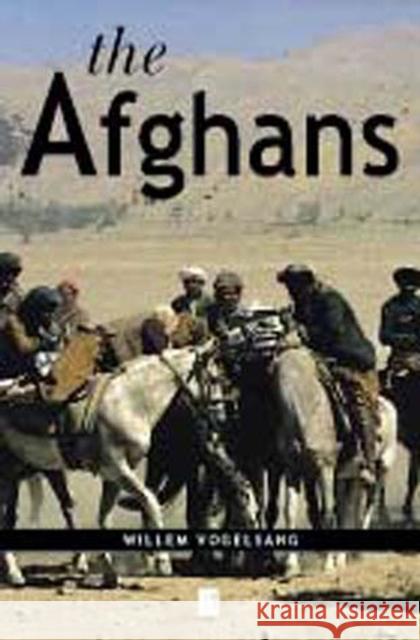The Afghans » książka
topmenu
The Afghans
ISBN-13: 9780631198413 / Angielski / Twarda / 2001 / 396 str.
Updated paperback edition telling the dramatic history of the land and peoples of Afghanistan from prehistoric times to the present day.
- Offers a detailed history, from the Indo-Iranian invasions of the second millennium BC and Alexander the
Great, through to Soviet occupation, Taliban rule, and the 'war on terror' - Much description of the contemporary period is based on the author's own research in Afghanistan
- Includes a new final chapter covering developments since 2001, including the fall of the Taliban, state building and foreign intervention in the region. The bibliography has also been updated.











